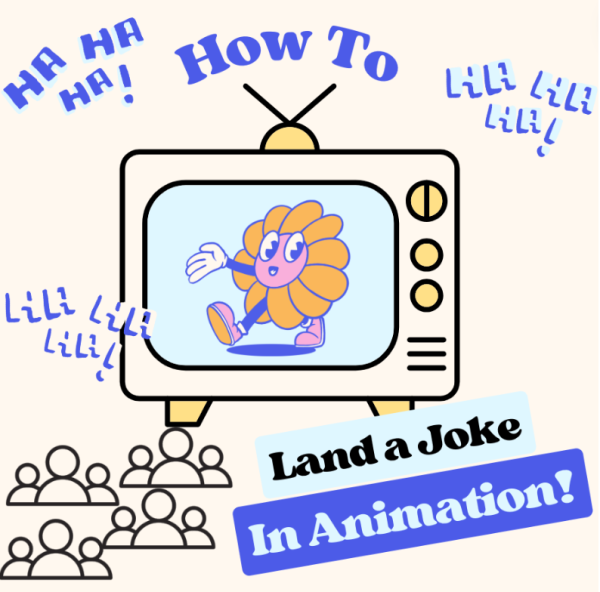No, She’s not Starfire and that’s the Point
Mariko Tamaki, Eisner Award-winning author of Laura Dean Keeps Breaking Up with me, as well as many other graphic novels has announced her newest project for DC comics. Tamaki’s next novel, I am not Starfire, stars Mandy, daughter of Teen Titan’s Starfire, as she navigates high school under the shadow of her mother’s fame. Tamaki is known for writing emotional stories, so it is no doubt that the mother-daughter relationship between Mandy and Starfire will be the focus of the novel. Despite this, backlash over the unreleased book is rampant on the internet—not for any story-related reasons, but for the physical appearance of the main character. For this article, I’ll be taking off my critical book-reviewing glasses and looking more at the culture surrounding women in comics both in the past and present.
The backlash began as early as the revelation of the book’s cover on December 7th of 2020. Slews of Youtube videos and comments concerning Mandy’s weight and goth fashion began to circle the internet, many people going so far as to insult the creator for her appearance and her physical similarity to her character. “That’s the worst part about it! You self-inserted yourself as a superhero! That’s just cringe!” says Youtube commentator, TheQuartering. Many DC fans have begun sinking as low as to call Mandy, the fictional character who in no way greatly impacts these people’s lives, “dumpsterfire” and claim that because her appearance doesn’t line up with their expectations of a woman, the entire book must be a poorly written, pandering piece of garbage. One comment below the video reads, “‘I am not Starfire’. Why yes you are correct. Your diabetes type three.” DC fans are swept up in such a rage that they seem to have forgotten correct grammar and the fact that “diabetes type three” does not exist.
Runforit Marty, a writer for lastmovieoutpost.com, says “This is about as lazy and as poor a product as I can remember. This is fan fiction nonsense at its worst.” This opinion about lazy, fanservice-driven storytelling, however, seems rendered mute when one considers the fact that the book hasn’t even been released yet and its only criticisms come from people who are upset that the main character isn’t stick-thin. The irony of the situation lies in the fact that creators bend over backward in the name of fan-service which is usually received well by the majority, but when the material has an ounce of diversity, it is shamed for that exact reason. “This is not about the daughter of Starfire. This is about the writer. This is Mariko Tamaki’s personal fantasy trip.” says Youtube commenter, Rastifan. However, many artists have redrawn their version of Mandy, rendering their claims of the writing resembling fanfiction mute as they essentially do the same thing. Many try to claim that their criticisms go beyond that, but it is clear from their insults and reactions that representation of people who are in any way different from them makes them angry. Come on guys, just admit diversity makes you uncomfortable and move on!

Misogyny in comics isn’t new. Since the beginning of Marvel and DC comics, women have been drawn as if they don’t have ribs, lungs, and other vital organs in the name of looking appealing to the men who read them. It became clear that the main selling point was, in fact, giant boobs. At the beginning of comic history, the exclusion of women was the primary issue. Comic book companies realized that women did exist eventually, but they were still being drawn and characterized by men, meaning their primary function was their physical appearance.
In recent times, many comic artists and writers, like Tamaki, have been working to fight this stereotype, bringing back those pesky ribcages for a start. However, the backlash over Tamaki’s newest book proves that there still is a long way to go. Hopefully, with more open-minded authors and artists (such as those women the comic book industry tried so hard to forget), the position of women in comics will change.

Bella Tiner is a rising senior at Mayfield Senior School and a Co-Editor for the Crier. Having been on the newspaper crew since freshman year, Bella enjoys...










